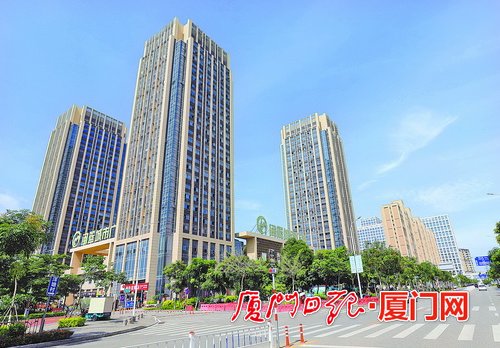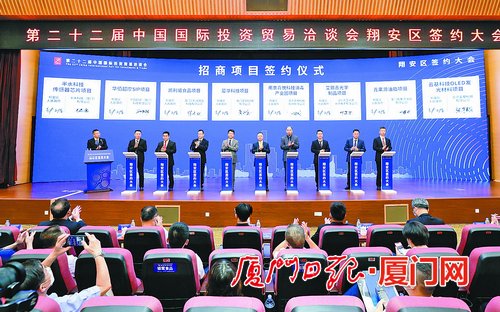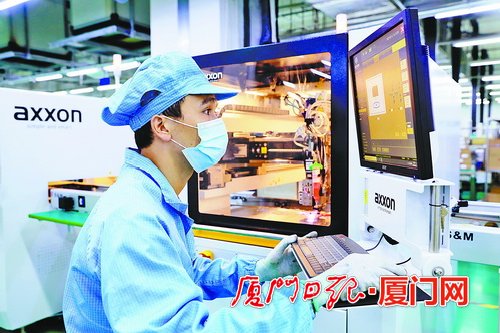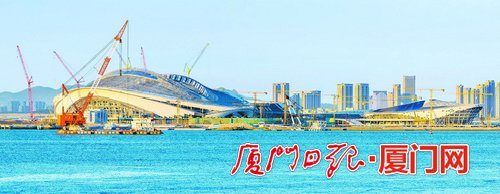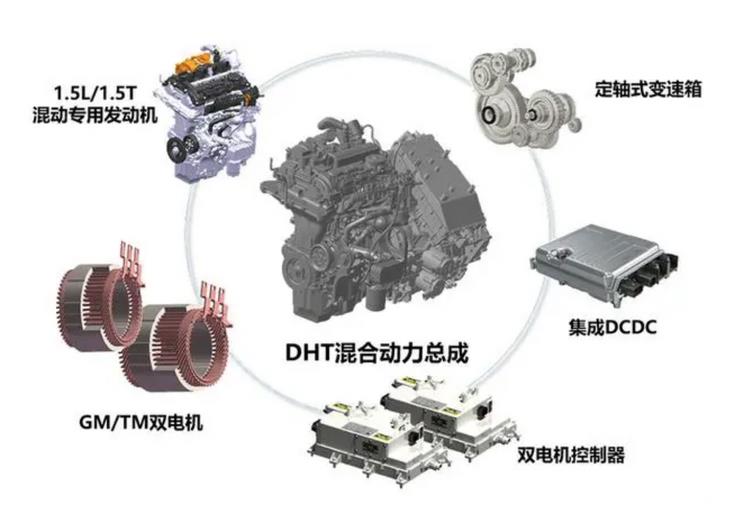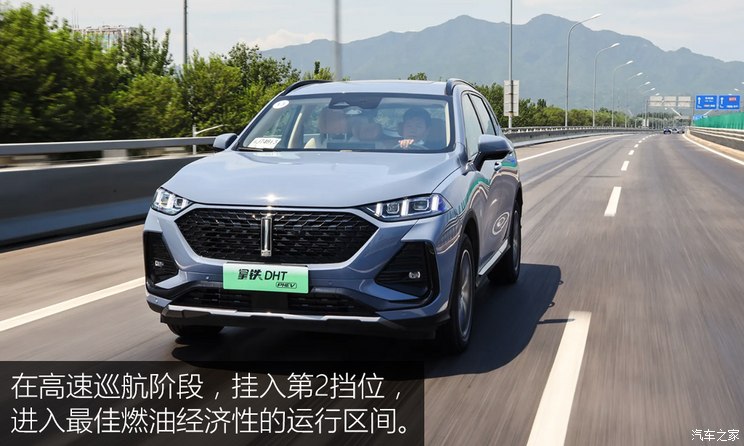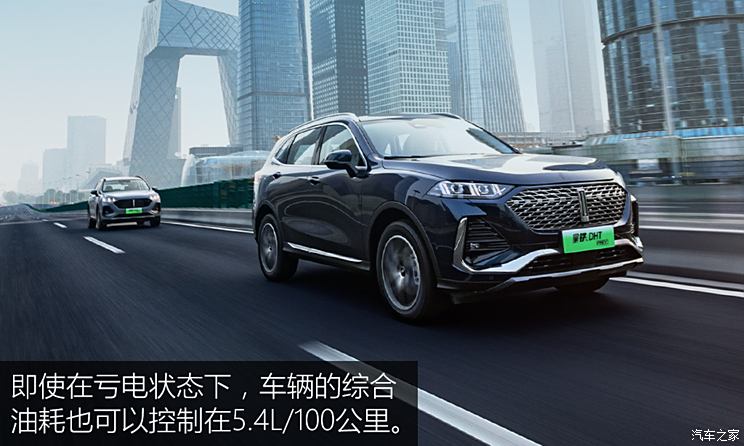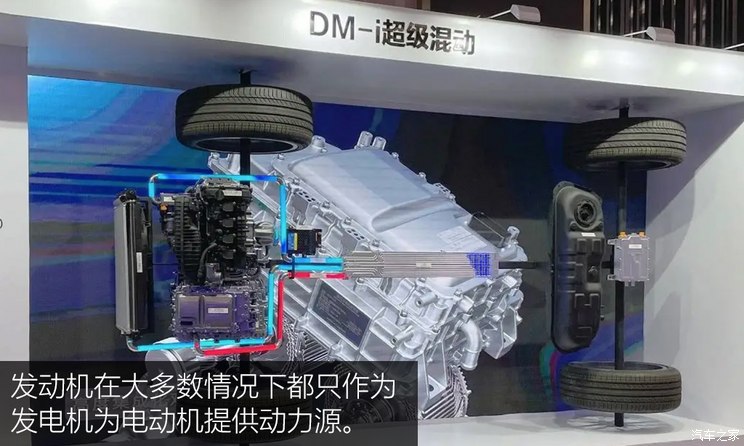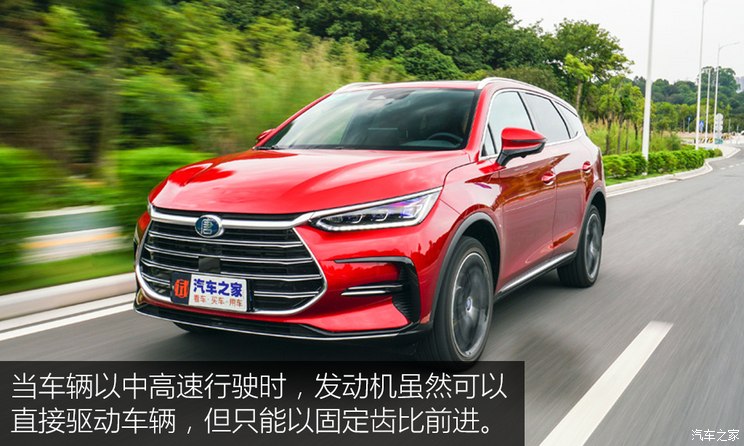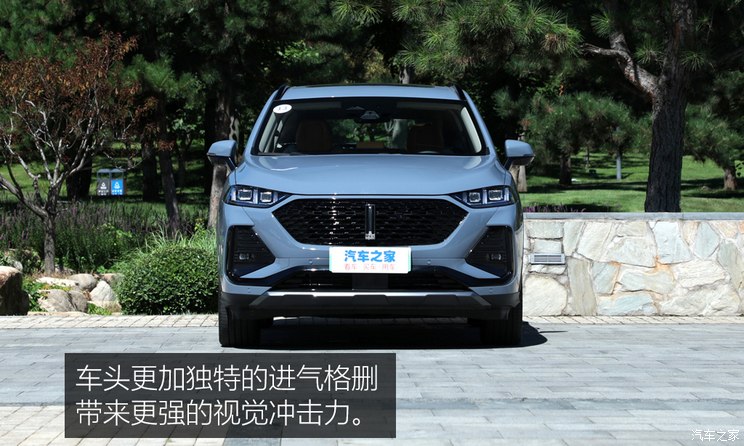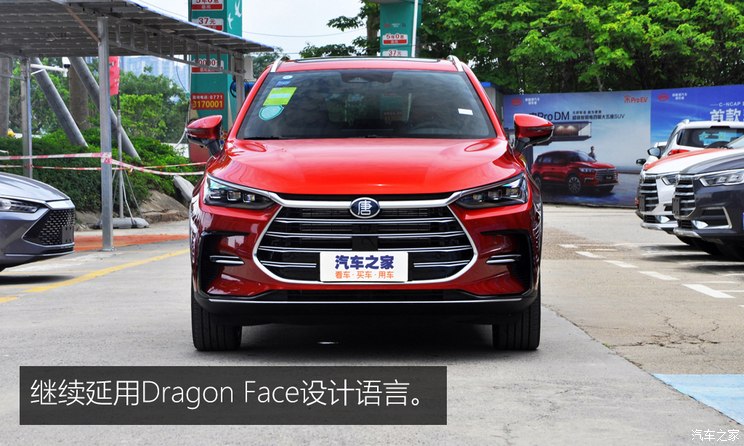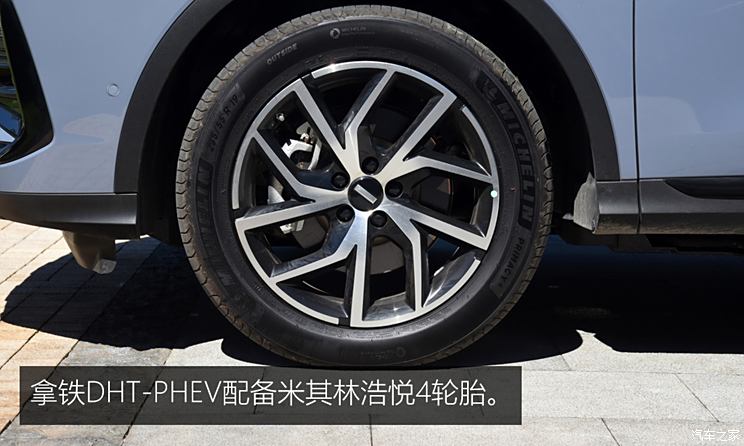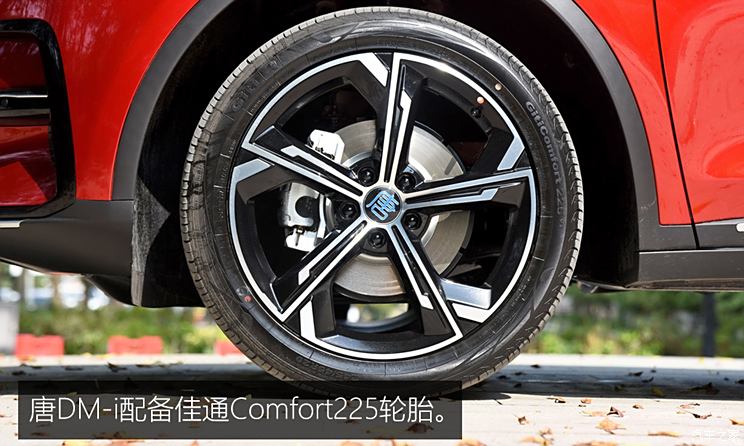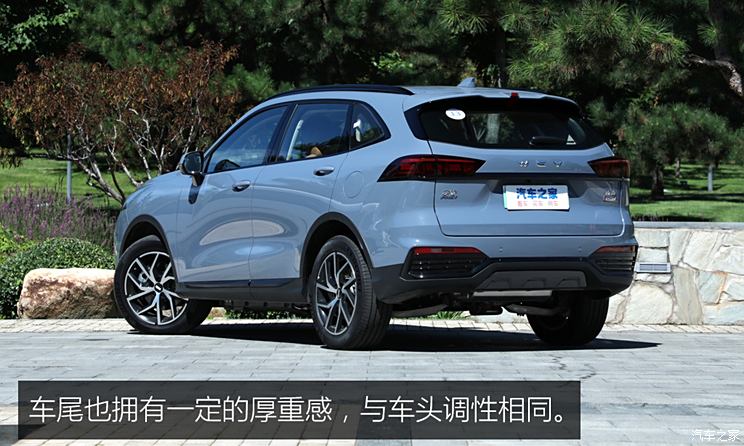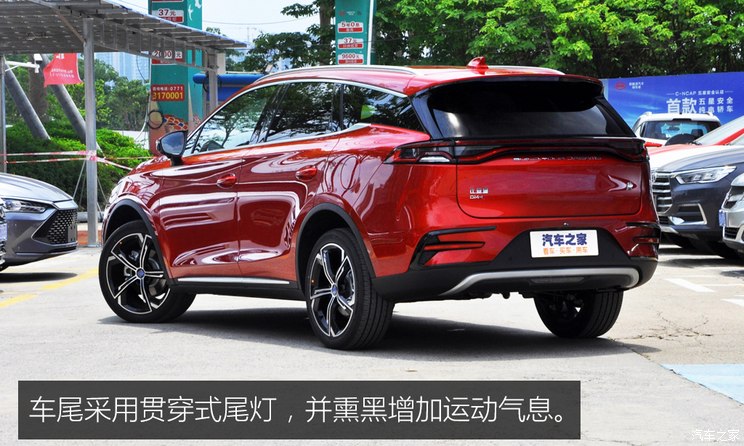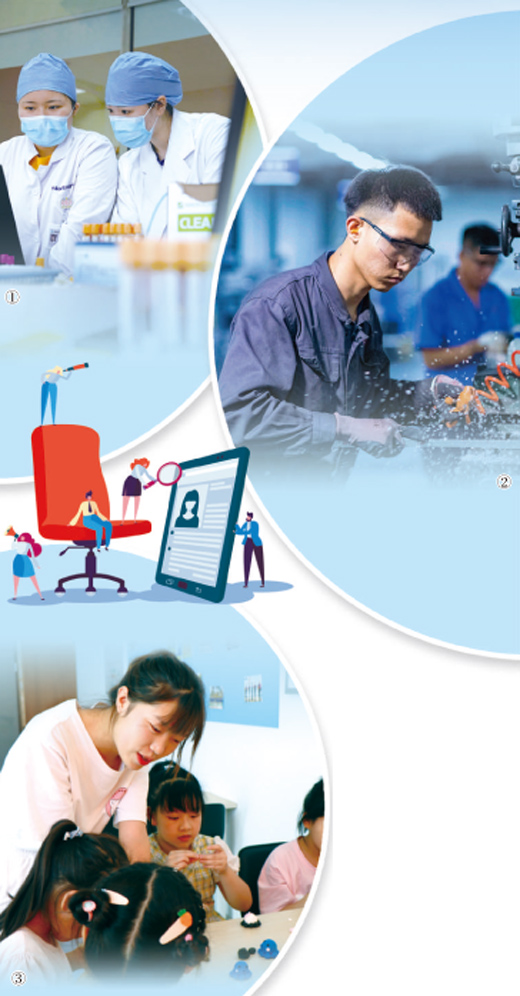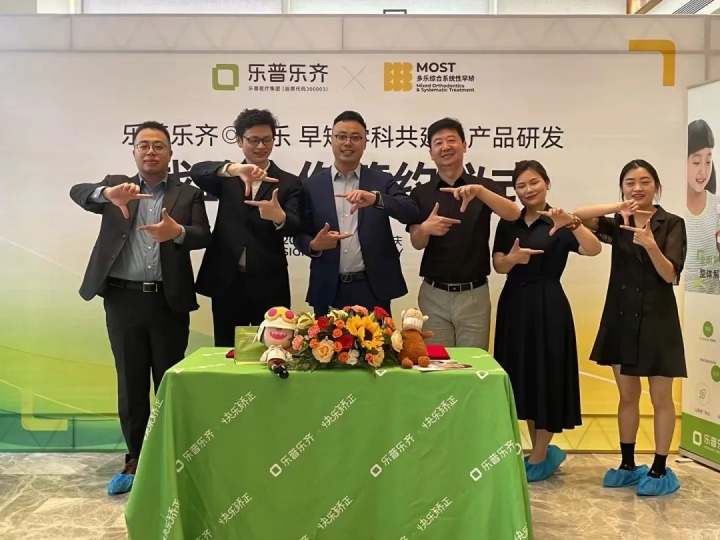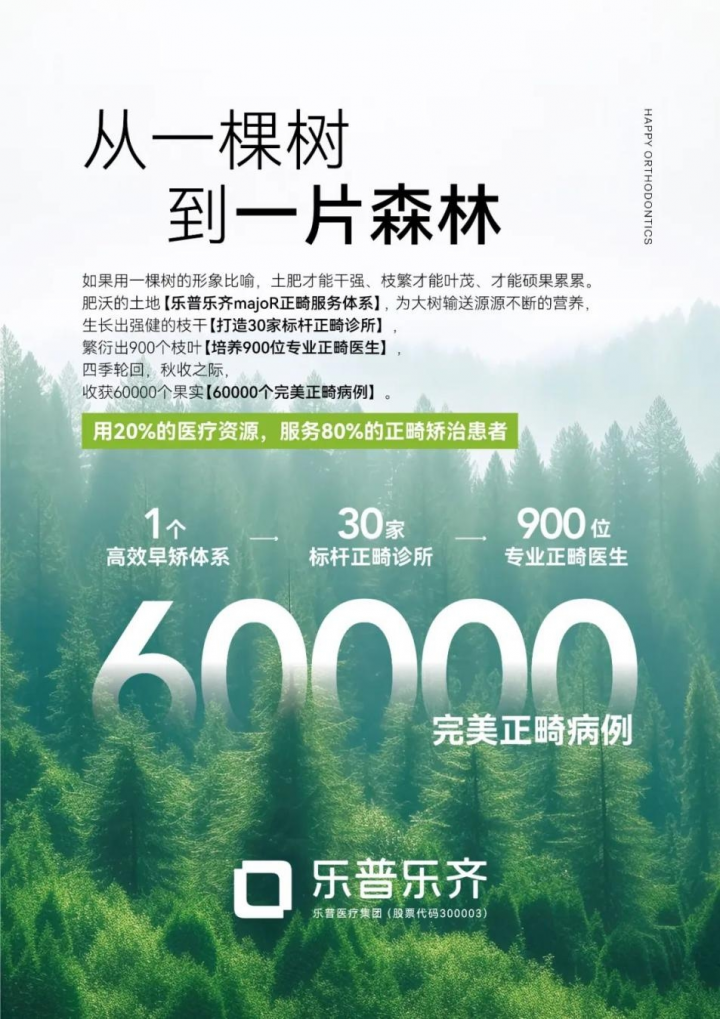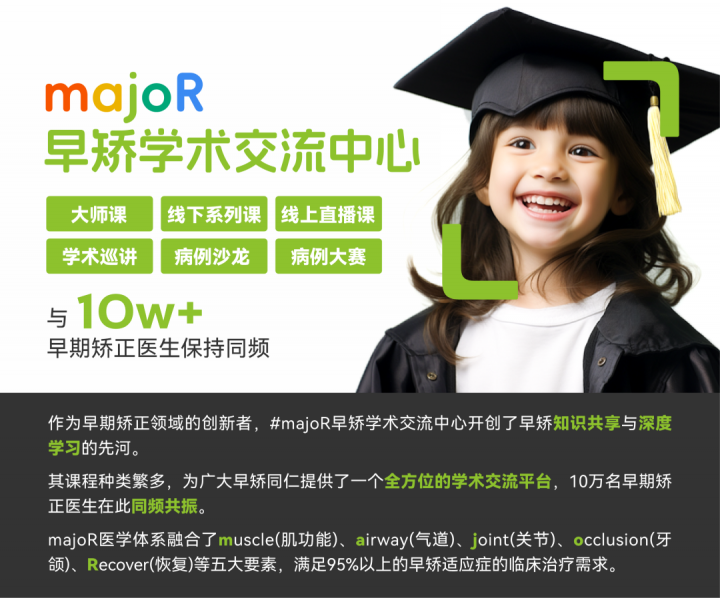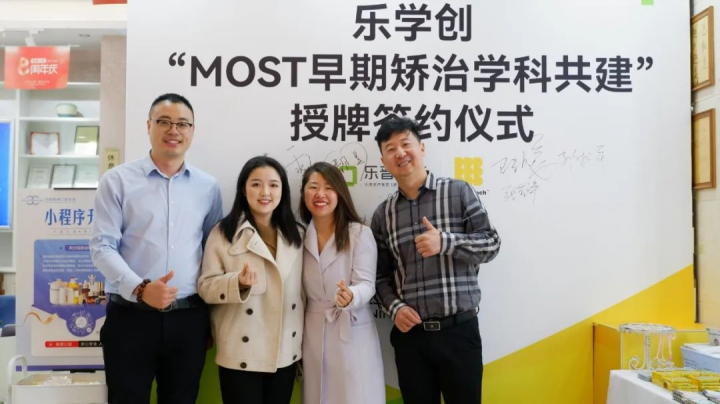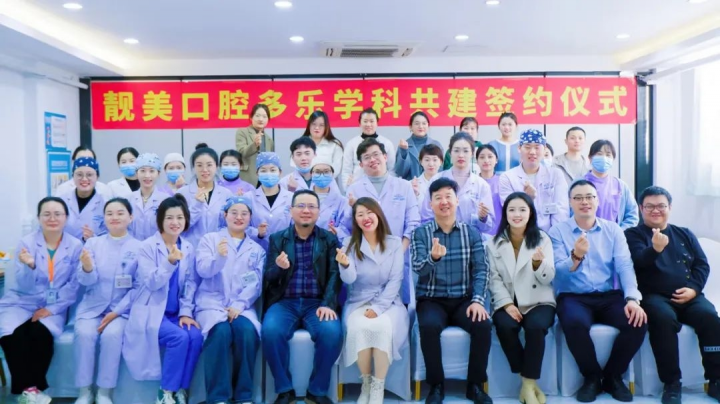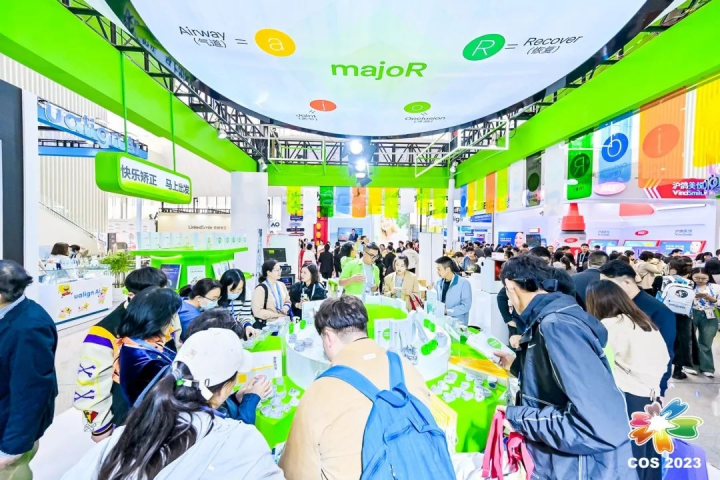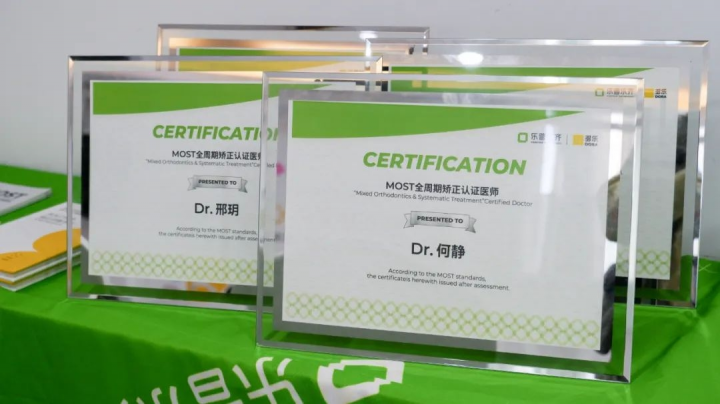Recently, the shared power bank has been named "assassin" and rushed into the hot search. It used to charge 50 cents per hour, but now it charges 4 yuan or even 10 yuan per hour. The shared power bank that can be seen everywhere in life has become the focus of public opinion due to the price increase. Many netizens complain that "this is to encourage everyone to buy their own power bank".
A few years ago, under the name of "sharing economy", shared power banks were favored by capital. In just 10 days, the amount of financing reached 300 million yuan, and more than 20 institutions entered the market. At that time, smartphones were fully functional, power consumption was getting faster and faster, and charging had become a high-frequency demand. With the trend of "sharing economy", shared power banks quickly entered the market. According to public data, as early as 2020, the number of users of shared power banks was close to 300 million.
At present, the shared power bank market is showing a concentration of leading companies. In 2021, Monster Charging will go public, Street Power Search will merge, and Xiaodian will also sprint to IPO, forming a pattern of "three power and one beast". However, under the epidemic, the shared power bank companies that focus on offline scenes are actually under certain pressure. The competition at the channel end is increasingly fierce, and the battle for points is intensifying.
According to a third-party report, based on the operating income of shared power banks to calculate the market size, it is expected that the average annual compound growth rate will reach 20.8% in the next five years. In the case of better prospects, prices have risen, but losses have increased. Services have been complained by users, and shared power bank companies still cannot find business growth. The current situation is very embarrassing.
Charge up to 10 yuan for 1 hour
"I am a big user of electricity," a shared power bank user from Beijing told China News Weekly. Due to the frequent need to participate in business activities, he has become accustomed to borrowing shared power banks when his mobile phone is out of power, but recently the price after being used has "stung": "It takes less than half an hour to charge 4 yuan."
In addition to questioning the recent increase in the price of shared power banks, the above users also found more details. When he checked past usage orders, he found that a shared power bank using small electricity once took 2 hours and 5 minutes and charged 12 yuan. However, the charging standard is 4 yuan per hour, and it will be returned free within 3 minutes. Less than 1 hour is calculated as 1 hour.
"This means that I charged 4 yuan more for an extra 5 minutes, is that reasonable?" the user questioned.
According to public research, among the users of shared power banks, business people, young women, car users, game users and video users use shared power banks more frequently. These people often become a loyal paying client base because of the long use of mobile phones, the inconvenience of carrying their own power banks and the low price sensitivity. However, recently these users with low price sensitivity also feel that they can’t afford to share power banks.
Previously, according to media reports, in many cities such as Shanghai, Hangzhou and Nanjing, the price of shared power banks has risen to about 4 yuan per hour, and some popular scenic spots have reached as high as 7 or 8 yuan per hour. Reporters visited and found that in major business districts in Beijing, the charging standards for shared power banks vary. Shopping malls, bustling tourist attractions and streets in the core business district often charge more, generally 4 yuan to 6 yuan per hour. At individual points, the price is higher, reaching 10 yuan per hour, such as in some scenic spots and high-end sales offices.
In fact, different shared power banks may have different prices and charging standards in the same place. Looking at the Mini Programs of various power bank manufacturers, taking the area near a core business district in Beijing as an example, most monster charging charges 2 yuan every half hour, and it is free to return within 3 minutes. Less than half an hour is calculated as half an hour; most small electricity charges 1.5 yuan or 2 yuan every half hour, and it is free to return within 3 minutes. But the difference is that in some places, less than 30 minutes is calculated as 30 minutes, and in some places, less than 1 hour is calculated as 1 hour, and the difference between these two places is often only a few hundred meters.
A staff member of the shared power bank revealed to China News Weekly that there has been no uniform price for the shared power bank, and the price of each point is different, because there are direct sales points and agent points in the middle, and different people and merchants negotiate the price, and the final price will be different. "Many times, the company’s control over the price is not so strong, and the room for human manipulation is relatively large," the staff member stressed.
Shi Songpo, vice-president of Rock Capital, pointed out that "in the early days, the price of power banks was mostly charged 1 yuan per hour, but now it is mostly concentrated at 3 to 4 yuan per hour. This kind of price increase is not an isolated case in the sharing economy industry, and the price of shared bicycles is also rising. At present, there is no unified pricing rule in the industry, especially in the case of the increasing proportion of the agency model, the price control of power bank manufacturers has actually become weaker. The phenomenon of random pricing by agents and point merchants is relatively common, and there is often chaos of different prices for the same brand on the same floor."
Why become an "assassin"?
Around 2017, it was in the period of perfect development of smart phone functions and the prevalence of various large-screen applications. At that time, people used mobile phones for an average of 1.86 hours a day, but the power problem of mobile phones has not been solved. Shared power banks have become a trend, and players from all walks of life have poured into the industry, occupying major shopping malls, stations and other traffic-intensive places. Capital has also entered the market, and the amount of financing has reached 300 million in just 10 days.
Within a year, the leading companies announced profits one after another: Caller first announced a break-even, and then Street Power and Small Power announced profits respectively. The financial data of Monster Charging showed that the net profit in 2019 and 2020 reached 166 million and 75.40 million yuan, respectively. In 2021, Monster Charging was listed in the United States, demonstrating the business model of sharing power banks. In 2021, the industry concentration was further enhanced, and Small Power Technology submitted a prospectus to seek listing; Street Power and Soo Power merged into Bamboo Mang Technology, forming a pattern of three "small bamboo beasts" competing.
According to a public report, in the first half of 2022, the number of devices, transaction volume, and order volume in the shared power bank industry increased compared with 2021, with CR4 (the top 4 share concentration in the industry) exceeding 90%. In fact, the price of shared power banks has increased several times in the past few years. In the second half of 2019, the price of shared power banks increased to 2 yuan per hour. In the second half of 2020, the average charging standard of major platforms increased to 3 yuan, and this year it reached 4 yuan per hour.
Shi Songpo said that in the sharing economy, the price increase of shared power banks is still relatively fast, and the primary factor for collective price increases is that the industry reshuffle period of low-price drainage has passed, and the tail players have been cleared and entered the oligopoly stage. These companies originally pursued market share, but now turn to profit.
"In fact, the price of the shared power bank is not expensive, such as taking the bus and subway, it is normal to spend a few dollars for five minutes, but the shared power bank has caused so much controversy, or there is a problem with the service." Zhang Yi, CEO of iiMedia Consulting, stressed that if the quality can be improved, it does not matter if the price is a little more expensive.
In the media report, a user rented a shared power bank from a hospital in Kunming, Yunnan, but when he returned it, he found that the warehouse was full and could not be returned, and there was no return point nearby. The user didn’t know what to do for a while. In addition, there are two models of shared power banks displayed in the Mini Program. These two models do not support mutual return. The user asked the customer service about this situation, and the customer service asked to return it by mail and asked the user to bear the cost. The user expressed dissatisfaction, and the company that owns the power search did not give a solution.
Previously, the regulatory authorities conducted a survey on the pain points of shared power bank services, and the survey showed that billing was not stopped after return, renting was easy to return, difficult to return, and the price logo was not significant, and the charges were unreasonable. On the Black Cat complaint platform, there were as many as 70,000 complaints about incoming calls, 25,000 complaints about small electricity, and 15,000 complaints about monster charging, including malicious deductions, failure to return, and false propaganda.
A picture circulating on the Internet shows that a user has purchased more than 40 shared power banks in the past two years. Generally, shared power banks have a "buy-out" mechanism, which stipulates that if they are not returned for a long time (about 7 days) after charging, the full deposit of 99 yuan will be deducted. Many users who borrowed the power bank and forgot to return it often "lost" 99 yuan to take the shared power bank home.
"Recently, shared power banks have been controversial, and the core problem is that the price has risen to a certain extent, but the product service and quality have generally shown a downward trend, and the price and service are far from consumers’ expectations." Zhang Yi told China News Weekly that the most widely criticized power bank is the slow charging speed, so it is not high in terms of consumer satisfaction.
The dilemma of a single profit model
In the past two years, affected by the epidemic, the business of sharing power banks is not easy to do.
According to the financial report data, Monster Charging’s revenue reached 1.427 billion yuan in the first half of this year, and 1.819 billion yuan in the same period last year, a significant decline year-on-year. In fact, Monster Charging has experienced a year-on-year decline in revenue for three consecutive quarters. In the fourth quarter of 2021, Quarter 1 of 2022 and the second quarter of 2022, revenue declined by 9.7%, 13% and 29% respectively.
In terms of profit, in the first half of the year, the monster charging loss reached 280 million yuan, while in the monster charging profit in 2019 and 2020, the net profit added up to 242 million yuan. At present, the monster charging has lost money for four consecutive quarters, and the loss is expanding.
According to the financial report, the entrance fee and commission paid by Monster Charging to merchants have increased year by year. In 2019, this expenditure accounted for 48.2% of the revenue of the power bank, and in 2021 this data reached 61.1%. Shi Songpo believes that the reason for raising prices and pursuing profits is not only because of the increase in market concentration and oligopoly, but also because of the single profit model of shared power banks, serious losses and fierce competition.
"We can see that companies such as Monster Charging are paying more and more commissions to third parties. This is because of the compromises that manufacturers have to make during the winter under the pandemic. Under the situation that the industry’s profits are further under pressure, high-quality points are the focus of the efforts of shared power bank companies. The intensification of competition for high-quality points has led to the increase in the cost of distribution venues, and both the entrance fee and the commission are increasing, further boosting the price of power banks."
The above-mentioned sharing power bank staff pointed out that the business of sharing power banks is "cannibalism", and the increase in the frequency of renting power banks will increase the income, so the point is very important. The demand for renting in crowded places is relatively large, so the price of these places will be higher. If it is a direct operation, it is very expensive to raise a very large ground team. Therefore, this year, companies such as Monster Charging have turned to agency operations. In this case, they mainly rely on renting machines to make money, but this has led to the result that the pricing power is controlled by the agent.
Zhang Yi said, "In recent years, shared power bank companies have encountered great pressure to lose money, mainly due to the competition for channels. Everyone is overdrawing prices and profits, and stimulating channels through third-party commissions, entering a vicious circle."
According to public data, it is expected that by 2025, the market size of shared power banks will reach 27.80 billion yuan, and users will break through 700 million. Zhang Yi believes that the current mobile end point intelligence is getting higher and higher, the demand for electricity consumption is also increasing, and the battery life problem has not been fundamentally solved, so there is still room for the future development of shared power banks. He also stressed that only by improving products and services can we win the favor of consumers.
At present, Zhumang Technology is developing new businesses such as shared charging stations for motorcycles and smart retail containers. Monster Charging has also relied on millions of power banks to incubate the Baijiu brand through private domain traffic. Xiaodian also revealed in its prospectus that it wants to enter the short video field.
"Shared power banks have actually become large-scale, and the popularity of first- and second-tier cities is already very high. However, under the cold winter, the problem of profitability is prominent, and even if it expands, it will not increase profits." Shi Songpo said that now companies are looking for different profit models, trying to bring new increments, but whether it can really solve the single profit model still needs time to verify.

